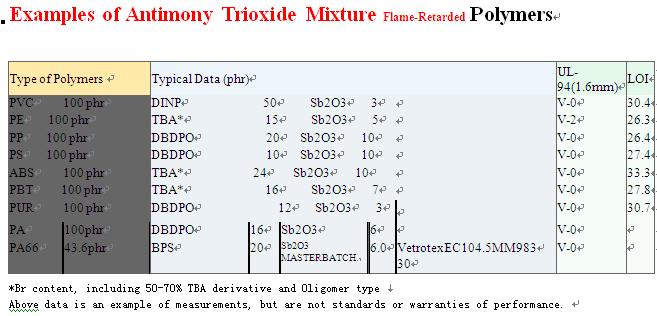Guan Yonghua, senior sales manager with Shenzhen Zhongjin Lingnan Nonfemet Co. Ltd. said that company loses are currently between RMB 1,800 ($236.36) per ton and RMB 2,000 ($262.62) per ton on refined lead sales in the domestic market, if imported lead concentrate is used for lead production.
At present, 50 percent of Zhongjin Lingnan's lead concentrate demand is met by imports. Guan claimed that the current lead concentrate CIF price is higher than the price of refined lead in the domestic market.
"The company's actual production has been reduced to 40 percent of total capacity this year and we are currently only importing lead concentrate supplied through long-term contracts signed last year," He Yonggang, a senior official with Henan Lingbao Xinling Lead Refining Co. Ltd., said.
Xinling Lead has an annual refined lead production capacity of 100,000 tons and is required to import over 50 percent of its lead concentrate supply.
Xinling Lead's He explained that the recent low treatment charge (TC) is the main reason behind domestic smelters' slim profit margins, as the TC is the major source of revenue for lead smelters when importing lead concentrate. Lead concentrate miners pay the TC to smelters on the basis of LME three-month lead prices.
Long-term contracted TC charges agreed between major domestic lead smelters and both overseas miners and ore traders fell sharply from $150 per ton of lead concentrate in 2002 to $30 per ton in 2006. Long-term contracted TC charges are $50 per ton for this year, according to He.
He stressed that major domestic lead smelters should jointly conduct TC negotiations with foreign miners and traders, in order to ensure a high TC charge.
Wu Tianxiao, an analyst with Shanghai Metalease, said that average lead production in May from 23 domestic smelters (each with an annual capacity in excess of 20,000 tons) was only 67.42 percent of total capacity, according to research results from Metalease.
China's refined lead output in the first five months this year amounted to 1.093 million tons, up only 6.7 percent from the same period last year, according to statistics released by the National Bureau of Statistics.
A low level of domestic lead production in turn creates tight supply in the domestic market and results in an inability to satisfy growing demand from the downstream lead-acid battery manufacturing industry.
"The lead smelting industry will consolidate during this troublesome time, and small and medium-scale smelters will have to choose between bankruptcy or mergers," said Song Jie, president of the Liaoning Haicheng Lead and Zinc Smelter, which has a lead smelting capacity of 30,000 tons per annum.
Due to the recent rapid expansion in domestic lead smelting capacity, lead concentrate imports soared to 36.8 percent of total supply in 2006, up from 22.7 percent in 2000. China mainly imports lead concentrate from Peru, the United States and Australia. Imported lead concentrate grades range from 63 percent to 75 percent, while the average domestic concentrate grade is 64 percent.
LME lead futures soared to an all time high recently, on the back of global shortage concerns after Chinese exports fell following a 10 percent export tax on lead imposed by the central government on June 1 this year.
"Since the price of imported lead concentrate is dependent on prices set by the LME, most domestic smelters that rely on concentrate imports have no choice but to accept increased lead concentrate prices. As a result, domestic smelters are forced to raise refined lead prices. However, although the domestic refined lead price is still lower than the price on the international market, the 10 percent lead export tax makes exports unprofitable," Guan with Zhongjin Lingnan said.
In order to continue to make profits from exports, domestic smelters have to charge an export premium on top of the export price. The export premium for last year stood at between $120 per ton and $140 per ton for lead concentrate spot-contracts, according to Guan.
China imports lead concentrate with a lead metal content of between 700,000 tons and 800,000 tons each year. At the same time the country needs to export between 400,000 tons and 500,000 tons of refined lead to maintain a global supply and demand balance, Guan added.
Guan concluded that it will be difficult to solve the global lead shortage problem without smelters charging export premiums and receiving suitable TC charges from mining companies. He predicted that an export premium of $280 per ton will be needed to make lead exports profitable this year.
**********************
DONGGUAN JIEFU FLAME-RETARDED MATERIALS CO.,LTD
Sam Xu
Tel: 86-755-83474911
Fax: 86-755-83474980
Mobile:13929211059
E-mail: xubiao_1996(at)hotmail.com samjiefu(at)gmail.com
Add: jiefu industrial park shuiping industrail district dalang town dongguan GD,P.R.C
blog:http://antimony-trioxide.blogspot.com
website:http://www.jiefu.com








0 comment:
Post a Comment